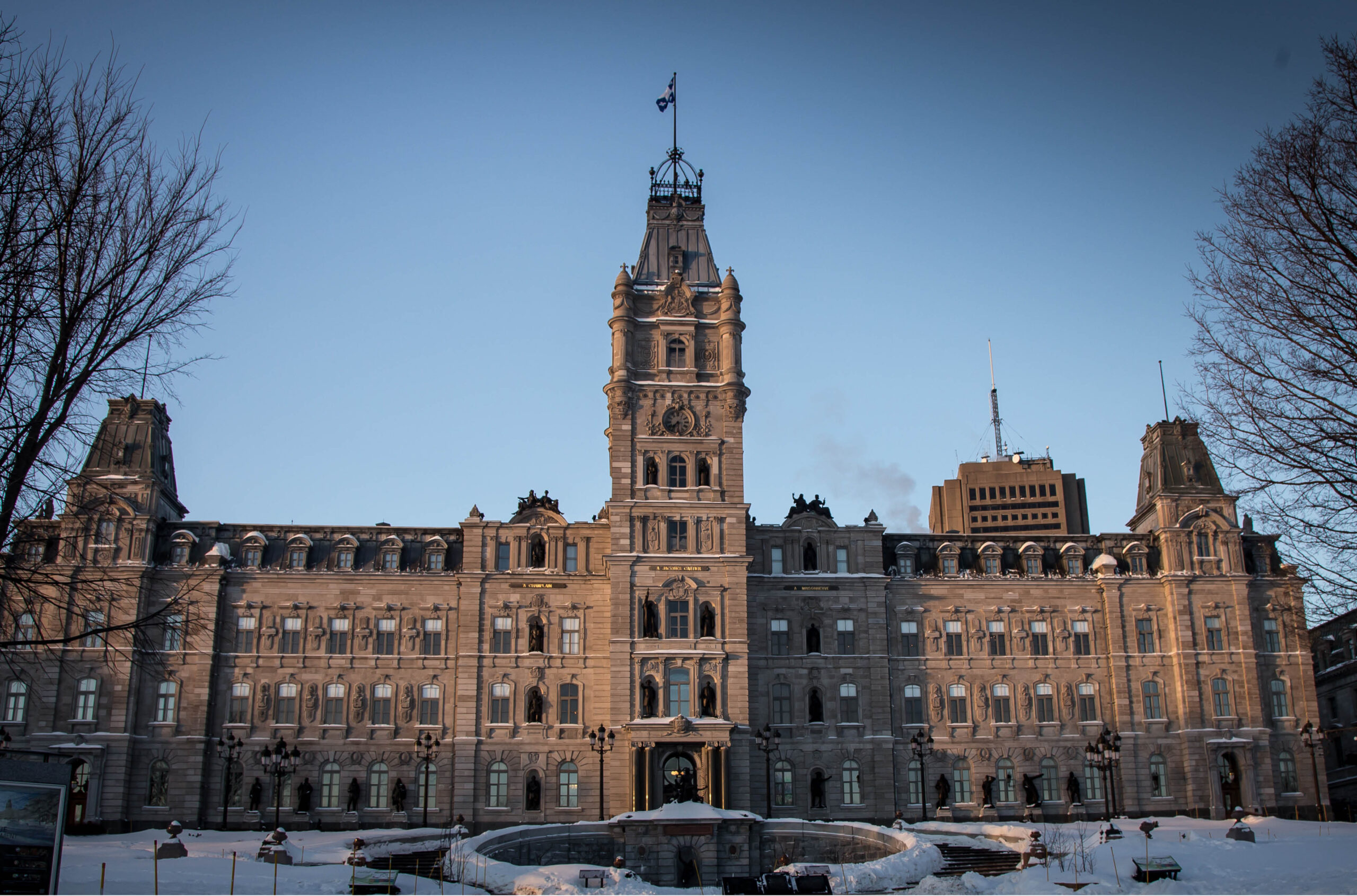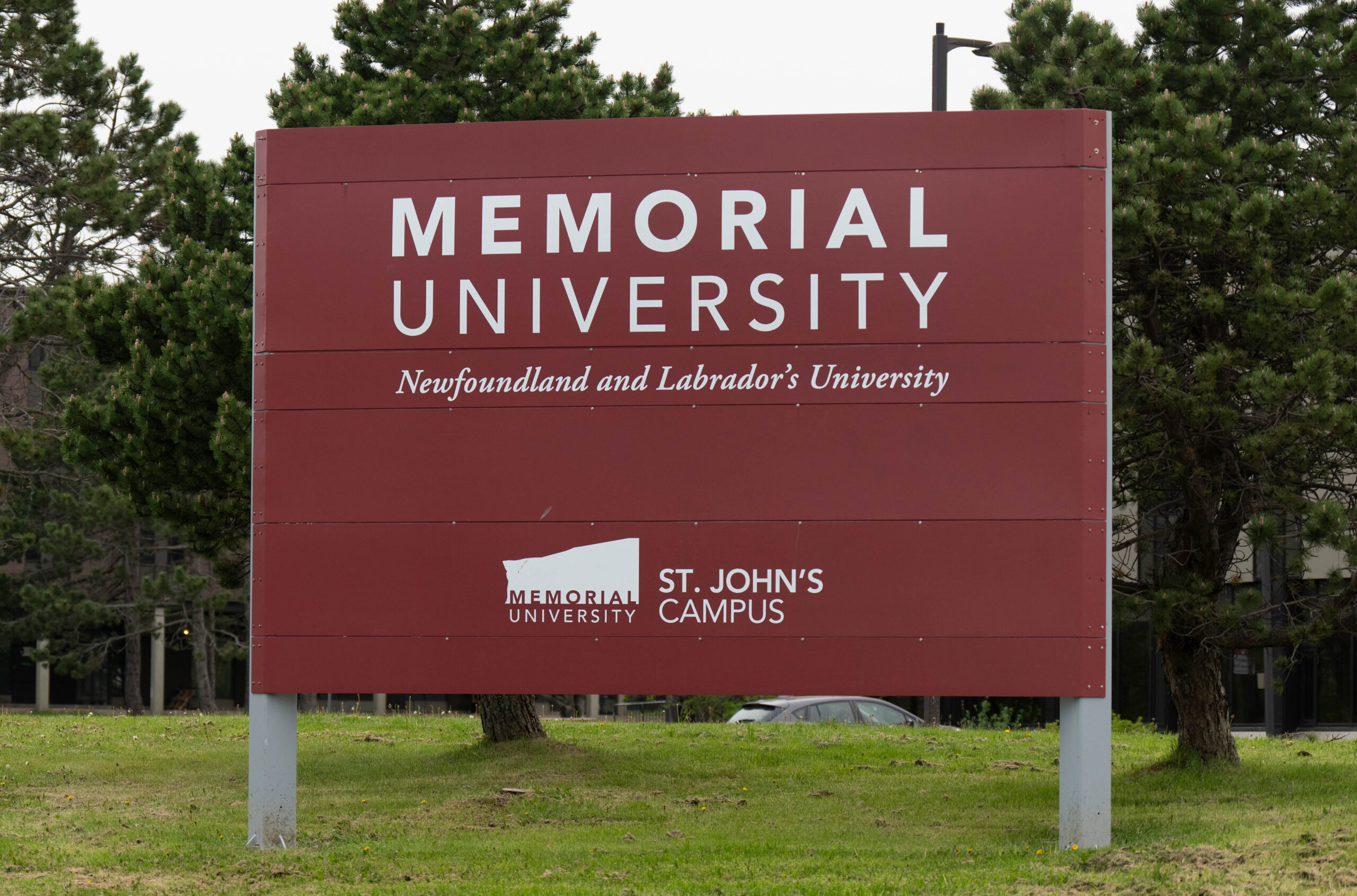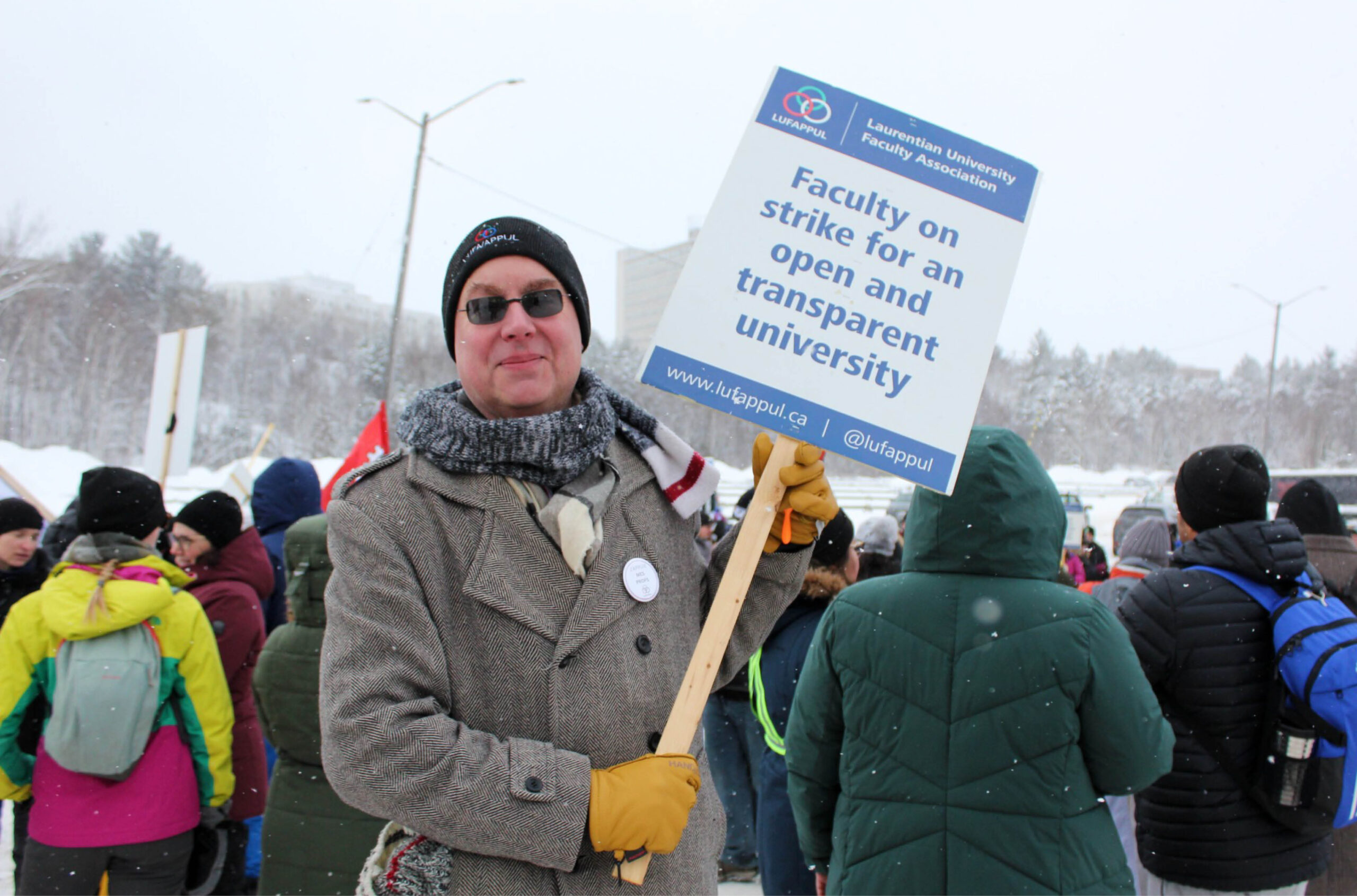University autonomy is shrinking in Canada, study finds
A study of six research-intensive universities finds that government regulation and accountability measures have been increasing across five provinces.

Canadian universities have historically enjoyed high levels of institutional autonomy compared to their counterparts in other countries, but a recent study of six research-intensive universities in five provinces finds that this autonomy “appears to be declining in the face of increasing government regulation and accountability measures.”
The study, “Provincial Oversight and University Autonomy in Canada: Findings of a Comparative Study of Canadian University Governance,” was published at the end of December in the Canadian Journal of Higher Education.
Every university in the study – Dalhousie University, Université de Montréal, Université du Québec à Montréal, University of Toronto, University of Alberta and University of British Columbia – “was experiencing increased requirements for accountability, and increasing pressures to respond to government priorities,” according to the study’s authors.
Five of the universities studied were the largest in their respective provinces. In the case of Quebec, two universities were chosen for the study because each operates under a different legislative framework.
Historically, government involvement in universities has been greatest in the financial regulatory areas, notes Glen Jones, co-author of the study, dean of the Ontario Institute for Studies in Education at the University of Toronto, and a specialist in governance. “The question, to some extent was, is that still the case and what’s happened in the last little while given the interviews we conducted,” he says.
For the study, the researchers conducted 86 interviews with institutional leaders – department chairs, deans, student leaders, members of university boards and senates, senior leaders and government officials. They reveal increasing pressures on university autonomy, including greater reporting requirements. The study notes that “all five provincial governments appeared to be seeking to align universities’ activities or outcomes more closely with desired public policy goals.”
What accounts for this trend, says Dr. Jones, is that universities educate a much larger percentage of the population, and play a much greater role in terms of research and knowledge mobilization, than was the case two or three decades ago. “They are increasingly regarded [by governments] as important in terms of economic development,” he says.
A lack of trust
Another factor is an apparent lack of trust, says Dr. Jones. “Clearly the notion of increasing accountability implies that the government doesn’t trust institutions. In some cases that may be because of historical mistakes, but that’s not the norm I think. There’s something about trust that’s going on here.”
The study notes that, while interviewees discussed positive aspects of university-government relationships, “there appeared to be elements of mutual frustration and incomprehension between university and government officials.” To government officials, universities “could appear unresponsive, intransigent and ungrateful for the massive public funding they received,” while many university officials indicated that their provincial government counterparts responsible for higher education “had little understanding of universities.”
The issue of trust was echoed by co-author and university governance practitioner Julia Eastman in an opinion piece published by University Affairs last summer. “At the end of the day, it’s public trust that will condition the extent to which governments and other actors intervene,” she wrote at the time.
While government intervention has risen overall, universities’ trajectories have been shaped by different starting points, the authors note. “There are provinces where there is relatively little history of direct interference, and in others there is clearly a whole series of mechanisms that the institution works within that have been in place for quite some time,” Dr. Jones says. In B.C. and Alberta, for example, universities are considered government reporting entities whose budgets are enveloped within the government’s, while in Ontario and Nova Scotia university budgets are regarded as separate from the province.
Interviewees noted that reporting requirements have increased substantially in recent years. Nova Scotian officials in both government and universities described increased expectations alongside reduced funding. In Quebec, “government officials acknowledged that the volume had become excessive and had undertaken to lessen the regulatory burden,” the study notes. In Alberta, the trend has gone even further, with a previous minister having sought to transform Campus Alberta into a “much more ministerial-directed entity,” according to one respondent.
The legislative frameworks under which universities operate – either a collective postsecondary sector act or individual university acts – has also shaped external governance, and some universities have relied on aspects of legislation to maintain their autonomy. “Officials at both Dalhousie and U de M regarded aspects of their acts as less than optimal but were, at the time of the interviews, reluctant to seek revisions for fear of opening themselves up to unwanted changes,” the study notes. “It appeared that university officials, even if they regarded their acts as imperfect, sought changes with some trepidation for fear of losing provisions that they deemed important.”
Featured Jobs
- Sociology - Tenure-Track Position (Crime and Community)Brandon University
- Medicine - Associate or Full Professor (Kidney Health)Université de Montréal
- Finance - Faculty PositionUniversity of Alberta
- Engineering - Assistant or Associate Professor (Robotics & AI)University of Alberta














Post a comment
University Affairs moderates all comments according to the following guidelines. If approved, comments generally appear within one business day. We may republish particularly insightful remarks in our print edition or elsewhere.
4 Comments
There should be more, not less accountability. Universities are wasting money and resources with impunity on just about everything that they do. They build unnecessary and unnecessarily big buildings; they pay exorbitant salaries to presidents and other administrators; they invent and expand unnecessary administrative and useless support services; they invent and expand useless degree programs whose graduates are a burden to themselves and to society; they accept students who are unqualified to pursue degrees just to collect tuition fees, cram them into classes of 100++ students, and reduce the quality of education every year to improve retention. The list goes on. Governments should ask for the justification and accounting of every nickel they give to universities. In the past 30 years, the huge increase in the waste of resources and money by universities has only been exceeded by the decline in the quality of education.
Well said John Doe! Many universities in Canada need much more accountability to serve the community not themselves. Our country Canada is falling rapidly behind with respect to technology, science and business incubation. The ultimate foundation for our standard of living and quality of life is productivity and in Canada, many universities are part of the problem not the solution with their low performance measures and promotion of values hostile to our society.
Many universities should either emulate the polytechnic model of education or their funding ended. Today, we need more than ever post-secondary institutions that educate thoughtful and skilled graduates are employable right away, are partnered with our community and industry to produce both pure and applied research, hire faculty who not only know their field but are trained to teach, who know the DACUMM process for curriculum design and not ideological greenhouses for cultural Marxists. Sadly, so many universities have become mono cultures and do not relate to their community and are irrelevant with low graduation rates, low employment rates in their field and faculty that have not or little experience in their industry.
When was the last time you attended a discussion at a university on how to be more efficient with our resources? Have you ever had such a discussion? At my university, SFU, our department and faculty has never had such a discussion that I am aware of. We never consider efficiency. Some years ago our department justified to ourselves that we faculty should only teach 3 courses per year instead of 4. Of course, there were reasons for that – but the consequence is that we teach a quarter fewer students. Taxpayers had no say in that decision.
My wife works at Langara College in Vancouver. They have small classes, a maximum of 35 students per section. When she volunteered to teach two sections of a course in a new larger room which could accommodate two sections (70 students), she was told by the union she could not do that. She had to be paid for two sections.
I believe our university systems are expensive and inefficient. Provincial governments should be very concerned about this. They have every right to demand an accounting for taxpayers money.
The administrative class protects itself and is always expanding.